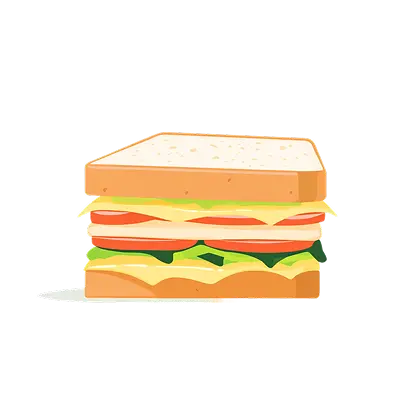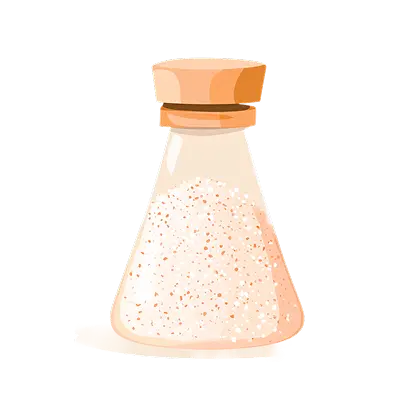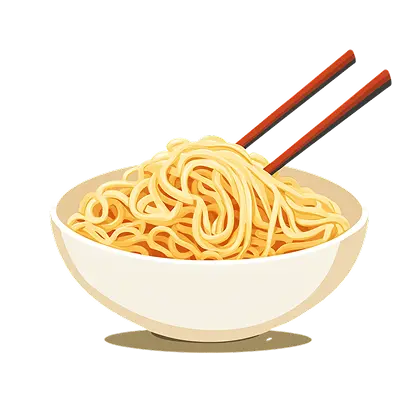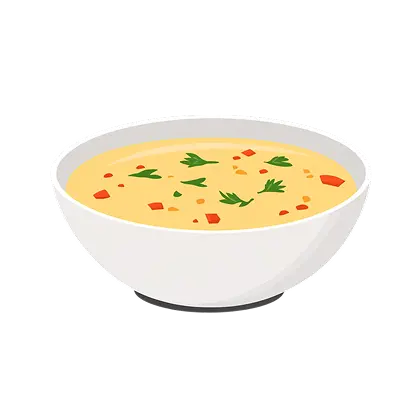
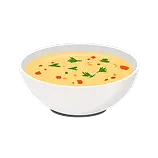
Soup (noun) is a hot dish that is present in almost all national cuisines. It is typically prepared using stock, vegetables, and sometimes meat. To better understand this new word, let’s head to the “soup” description.
How to Pronounce “Soup”: Audio Guidelines and Expert Tips
“Soup” has a long u sound, the same as in the word “moon.” You should start with a confident s sound, then say a long u, and finish with a short and strong p sound.
Level up your English with Koto!
Examples: How to Use “Soup” in a Sentence?
You will talk about sandwiches in cafes, shops, and with friends. Read these phrases to know how to express different ideas:
What Are Synonyms for the Word “Soup”?
To avoid repetitiveness, we have collected the most common “soup” synonyms, so you can change the wording and sound more interesting.
Related nouns: dish stew meal
Synonyms (contextual): broth chowder bisque
Common collocations: hot soup eat a soup warming soup
“Soup” Word Formation and Description in Context
But knowing a single word is not enough for great conversation skills. That’s why we recommend looking at this section of formation and description to define “soup” better.
With adjectives: warm soup green soup delicious soup
With verbs: cook soup order soup make soup
With nouns (noun + noun): vegetable soup cream soup chicken soup
Popular Idioms and Phrases with “Soup”
We have also gathered some interesting expressions containing the word “soup” to make your English sound fancier. Below are a few of them that are commonly used by native speakers in chats, face-to-face conversations, and so on.
-
To be in the soup — to find yourself in big trouble.
After missing a train to London, Caren was really in thesoup with her job.
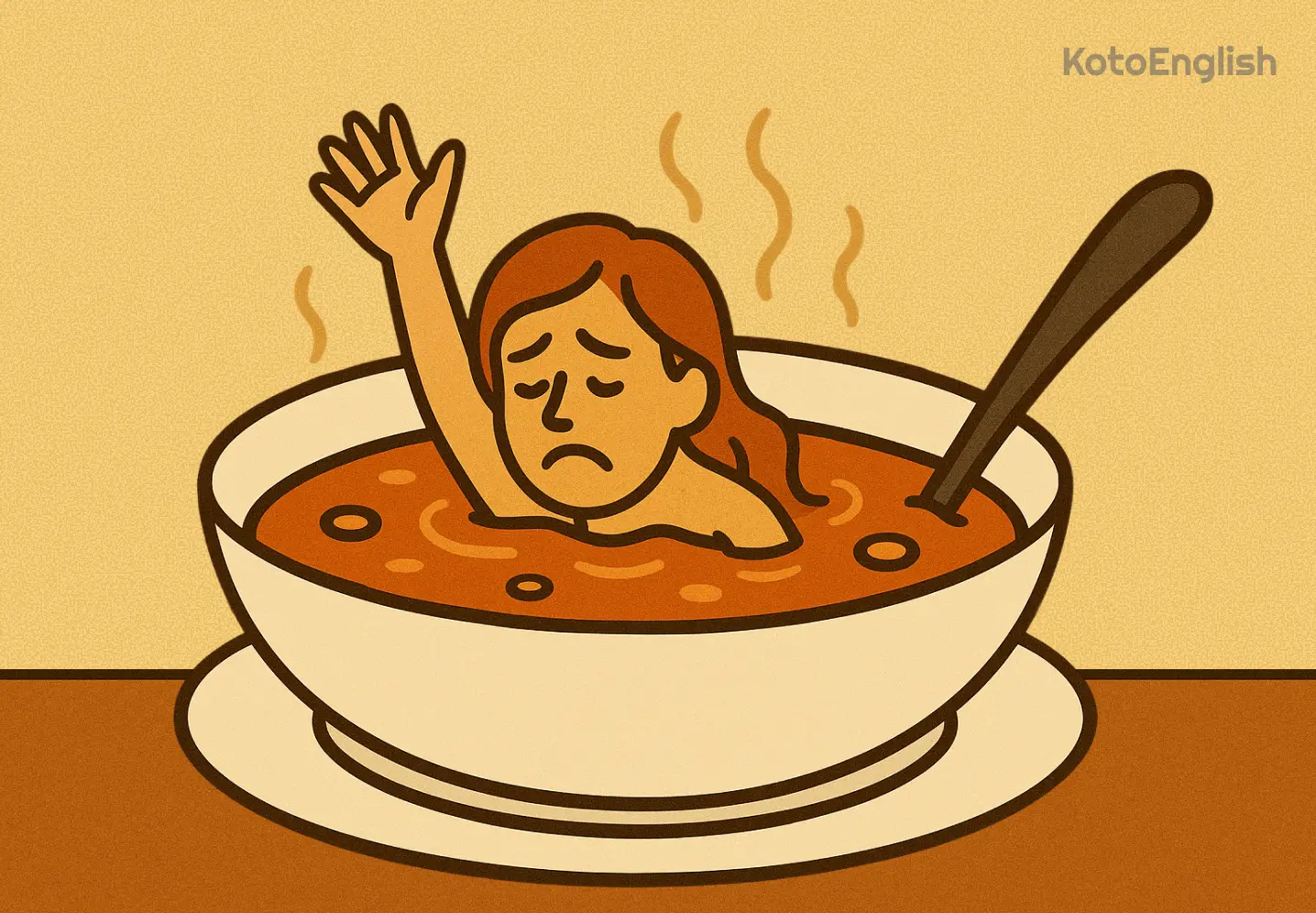
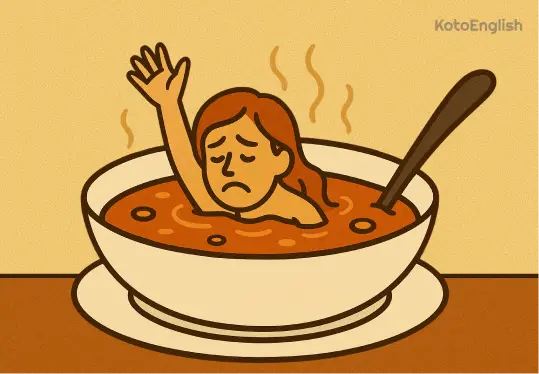
-
From soup to nuts — to cover every detail; from the beginning to the end.
The event was planned ideally, everything was thought out — fromsoup to nuts. -
To soup up — to speed up the process.
They decided tosoup up the process by hiring one more designer.
Let’s See How You Memorized a “Soup’s” Meaning – It’s a Quiz Time!
After discovering the description of “soup,” the common phrases with this word, and the most popular idioms using it, that’s the best time for practice!
Enjoy personalized learning!
Expanding the Horizon: “Soup” Word in Other Languages
Want to know more? We knew you were a quick study. Here’s how “soup” sounds in the top-3 popular languages after English.
| Language | Word for “Soup” |
|---|---|
 Spanish
Spanish |
Sopa |
 French
French |
Soupe |
 German
German |
Suppe |
Boiling with Stories: Interesting Facts About “Soup”
We would never abandon you without the occasionally steamy facts about one of the most popular comfort foods in the world: soup.
-
The world’s oldest known soup dates back over 2,400 years.
In China, archaeologists have found evidence of a 2,400-year-old soup in an untouched bronze vessel around Xi’an. The old soup was made with bones, which gave scholars a rare insight into the culinary practices of the past. Fortunately for us, the current cuisine has changed! -
The first canned soup hit shelves in 1897.
The Campbell’s Company in the United States transformed the kitchen of all households by launching the condensed tomato soup in 1897. It was sold at a very affordable 10 cents a can, which immediately became a pantry essential. -
There are contests for cooking massive pots of soup worldwide.
Cities around the world compete to cook enormous quantities of soup for charity events and community gatherings. According to Guinness World Records, the largest pot of soup was cooked in Turkey in 2024 and was more than 30 litres! Can you just imagine that? It’s enough to fill a small swimming pool! -
Soup can be free … if you know where to look.
Several cultures have a tradition of free soup, which is offered as a sign of charity. Churches and community centres in parts of Latin America give people in need a meal known as sopa popular (people soup), while in Japan, some ryokans (traditional restaurants) serve miso soup without a fee.
Famous Quotes Featuring “Soup”
Let you go without discussing the most notable phrases attributed to “soup?” Not our style. These quotes will improve your language even more (and cooking skills, too.)
— Ludwig van Beethoven
Explanation: The great composer knew that making soup, similarly to music, must be done with sincerity and attention. What you put in the pot, and what feelings you put into it, will determine if the final result is truly nourishing.
— Barry Humphries as Bruce in “Finding Nemo”
Explanation: In the Pixar film Finding Nemo, Bruce the great white shark attends an underwater support group meeting on reforming the fish-eating habits. During this meeting, Bruce gives a promise affirming he hasn’t eaten fish in three weeks, invoking a humorous oath about being turned into soup if he’s lying.
Is it the good turtle soup or merely the mock?
Is it a cocktail, this feeling of joy?
Or is what I feel the real McCoy?”
— Frank Sinatra, “At Long Last Love”
Explanation: In this playful lyric, Frank Sinatra uses a series of rhetorical questions, comparing real versus imitation experiences to express his uncertainty about whether his feelings are true or just an illusion.



